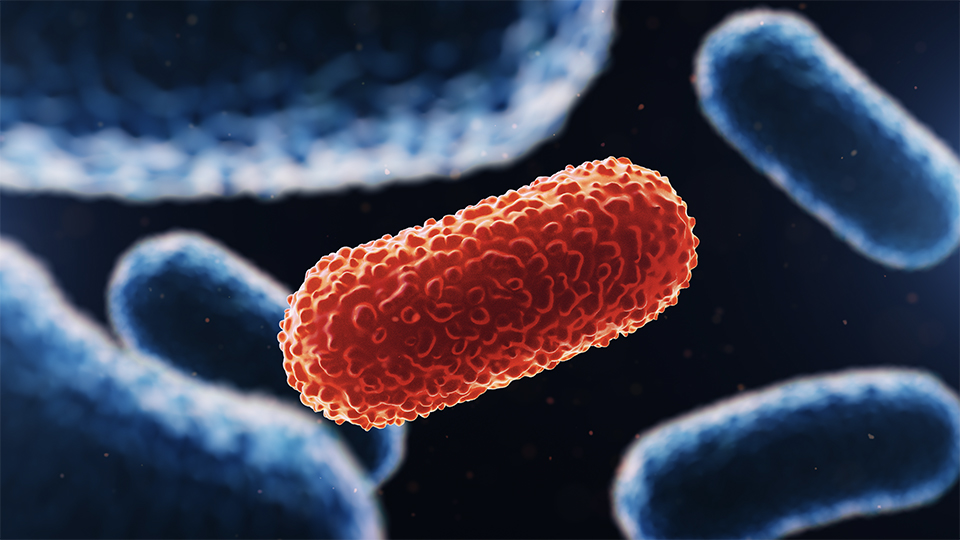Basics of innate immune response for the intensivist
Innate immune response for the intensivist
DOI:
https://doi.org/10.37051/mir-00221Keywords:
immunité innée, réanimation, états critiques, inflammationAbstract
Many critical states, whether infectious or not, are associated with an acute inflammatory response. Innate immunity is the first line of defense against aggression, and is characterized by its rapid, non-specific activation. Excessive, dysregulated activation of innate immunity plays a central role in the development of organ dysfunctions that lead to patients being admitted to intensive care, and in early morbi-mortality. It also plays a key role in immune dysfunctions, facilitating secondary infections and later morbi-mortality. The aim of this review is to explain the pathophysiology of this innate immune response in various situations encountered in intensive care, the determinants that can lead to its deregulation, and the regulatory pathways involved. While immunomodulation is a promising avenue of treatment for many critical diseases, this review highlights the complexity of finding the best therapeutic targets, and the need to better understand the heterogeneity of responses, depending on the type of aggression, host characteristics and timing of treatment. A better understanding of the regulatory pathways of this response has led to the development of new concepts such as immunothrombosis, immunometabolism and epigenetics, which could lead to the development of new therapeutics capable of restoring homeostasis during states of acute aggression. More than ever, intensivists are therefore encouraged to take an interest in the innate immune response.


